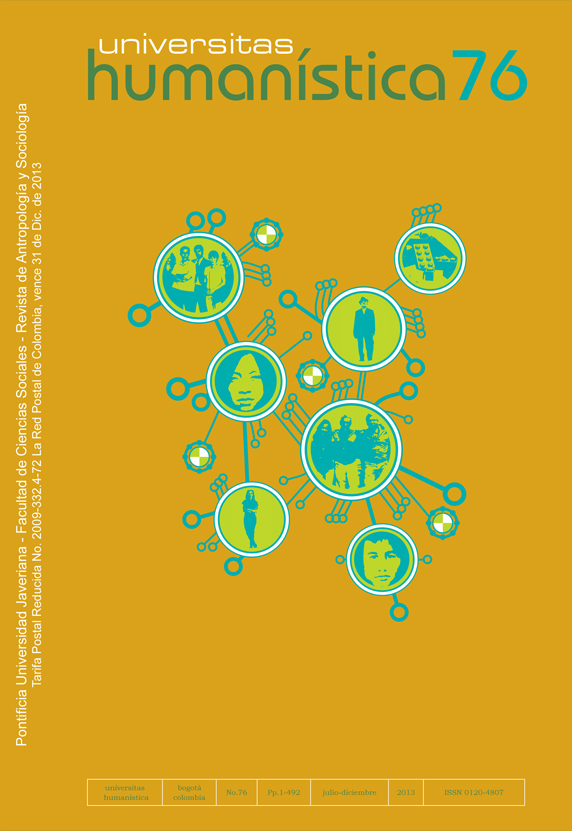Abstract
During the past decade discussions about the way in which the development of technologies can (or should) promote social inclusion processes have been revived in the academic debate, in some cases these have also been reflected in the design and implementation of public policies. However, among the groups of R & D engaged in activities of technological development and extension the deterministic approaches and adherence to the technology transfer models persist and, therefore, they often fail to generate processes of inclusion and sustainable empowerment in the time. The main objective of this paper is to make a first analysis of the learning generated when R & D groups face problems and meanings outside their knowledge production frameworks and the way that enables new forms of negotiation of knowledge and technology, also identifying possible limitations of these processes. To this end, we analyze two experiences of developing technologies for social inclusion in Argentina in the areas of social housing and renewable energy.

This journal provides immediate open access to its content on the principle that making research freely available to the public, encourages greater global exchange of knowledge.
The journal Universitas Humanística is registered under a Creative Commons Attribution 4.0 International Public License. Thus, this work may be reproduced, distributed, and publicly shared in digital format, as long as the names of the authors and Pontificia Universidad Javeriana are acknowledged. Others are allowed to quote, adapt, transform, auto-archive, republish, and create based on this material, for any purpose (even commercial ones), provided the authorship is duly acknowledged, a link to the original work is provided, and it is specified if changes have been made. Pontificia Universidad Javeriana does not hold the rights of published works and the authors are solely responsible for the contents of their works; they keep the moral, intellectual, privacy, and publicity rights.
Approving the intervention of the work (review, copy-editing, translation, layout) and the following outreach, are granted through an use license and not through an assignment of rights. This means the journal and Pontificia Universidad Javeriana cannot be held responsible for any ethical malpractice by the authors. As a consequence of the protection granted by the use license, the journal is not required to publish recantations or modify information already published, unless the errata stems from the editorial management process. Publishing contents in this journal does not generate royalties for contributors.


